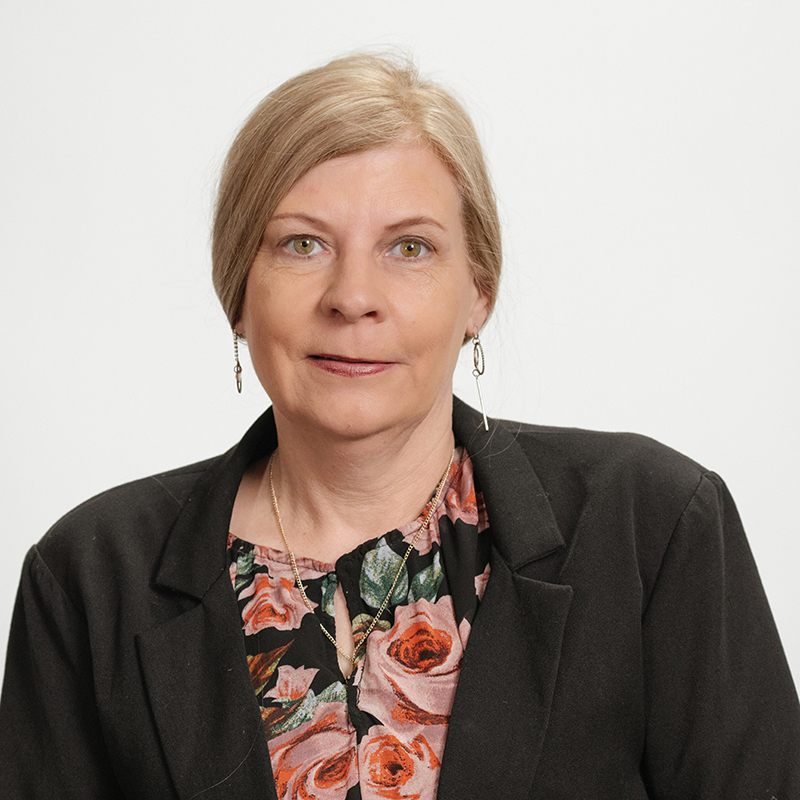- STEM education needs to be put in the spotlight for South Africa to revive its ailing education sector.
- The education system is not producing underachievers; it is manufacturing exclusion.
- Teaching must be restored to its former prestige, which is a respected, aspirational career rather than a reluctant fallback.
- The state must confront its own complacency. Celebrating matric pass rates based on 30% thresholds is political theatre.
- According to the African Union, Africa has the youngest population in the world with more than 400 million young people aged between the ages of 15 to 35 years. Increase investment in economic and social development factors is paramount.
For decades, South Africa has grappled with an education system that seems to promise much but deliver little. Despite commendable reforms and bursts of innovation, the country’s schools remain unequal, under-resourced, and often poorly governed. The result is a crisis that goes far deeper than declining mathematics enrolments or underperforming universities: it is a crisis of national competence.
According to Prof Linda du Plessis, senior deputy vice-chancellor of the North-West University (NWU), this is nowhere more evident than in the state of science, technology, engineering and mathematics (STEM) education.
“These fields hold the key to South Africa’s economic renewal, yet they rest on crumbling foundations. A staggering 81% of Grade 4 learners cannot read for meaning, according to the 2023 Progress in International Reading Literacy Study. Without literacy, numeracy falters; without numeracy, STEM collapses. The failure to get the basics right has turned the promise of technological progress into a mirage.
“The problem does not start at university gates. It begins at home, in communities, and in the earliest years of schooling. A strong STEM pipeline depends on well-trained teachers, engaged parents, and curricula that reward curiosity rather than compliance. Yet in 2025, nearly 500 South African schools offered no mathematics at all. In rural areas, class sizes exceed 40 pupils, sometimes 55, and teachers are left to manage chaos rather than inspire learning. The system is not producing underachievers; it is manufacturing exclusion,” she says.
Prof du Plessis further explains that the first step towards repair is to treat education as a continuum rather than a set of silos, as universities should not only prepare graduates but help shape national policy and strengthen the basic education ecosystem.
“Universities’ research can guide reforms in teacher training, curriculum design and early childhood development. Teacher quality remains the fulcrum. Incentive schemes for rural educators, coupled with continuous professional development in digital and AI literacy, could stem the exodus of talent from the classroom. Teaching must be restored to its former prestige, which is a respected, aspirational career rather than a reluctant fallback.”
Technology can amplify progress if used wisely.
“Artificial intelligence, already ubiquitous in learners’ lives, can provide personalised tutoring and rapid feedback. But it also demands ethical literacy and responsible use. Universities must therefore train both teachers and students to harness AI without surrendering judgement. Learning management systems should evolve beyond repositories of lecture notes into dynamic tools for engagement, assessment and adaptation. At their best, they can turn passive consumption into active inquiry”.
“Yet technology alone will not close South Africa’s digital divide. Solutions must be low-tech enough to reach schools with limited connectivity. Expanding broadband access through national partnerships or even satellite initiatives such as Starlink could democratise opportunity, particularly in remote areas. Case studies from countries like South Korea -– once poorer than Kenya and now wealthier than Spain -– show what disciplined investment in education can achieve. South Korea’s rise was not built on slogans but on consistent attention to teacher training, extended class hours and respect for academic excellence.”
She also states that, at the tertiary level, universities must align their STEM curricula with economic realities, as the future labour market will reward adaptability, data skills and entrepreneurial thinking more than narrow technical proficiency.
“Integrating business acumen into STEM degrees would allow graduates to create employment, not just seek it. Work-integrated learning and community-based projects should form part of every programme, ensuring that knowledge translates into impact. Micro-credentials and modular courses can then help graduates reskill throughout their working lives.
“The state, meanwhile, must confront its own complacency. Celebrating matric pass rates based on 30% thresholds is political theatre. It masks the rot of low expectations and hollow achievement. Between 2023 and 2024, more than 12 000 fewer pupils enrolled for mathematics, and thousands dropped physical and life sciences. These are not mere statistics; they signal the erosion of ambition. If the government insists on parading inflated success rates while neglecting substance, it will condemn another generation to mediocrity.”
Prof du Plessis is adamant that fixing education also means cleaning up governance, as corruption, mismanagement and political interference have corroded trust in provincial departments. The focus on Grade R is commendable and holds a lot of promise, provided it is supported by sufficient resources.
“Funds meant for textbooks or feeding schemes vanish before they reach classrooms. A zero-tolerance stance is overdue, not only for moral reasons but because every rand stolen from a school deprives a child of a future. Reforming the Sector Education and Training Authorities (SETAs), now mired in dysfunction, would further help bridge the gap between learning and labour.
“Ultimately, South Africa’s future will be written in its classrooms. A country that cannot teach its children to read and reason cannot expect to innovate or compete. The task is not glamorous, but it is existential: rebuild the foundations, or watch the edifice crumble,” she concludes.
Her message then, is clear. The solution lies not in grand strategies or more promises, but in the daily act of putting competent, motivated teachers before engaged learners in functional classrooms. That is how nations rise, and how South Africa might yet learn to do so again.

Prof Linda du Plessis
